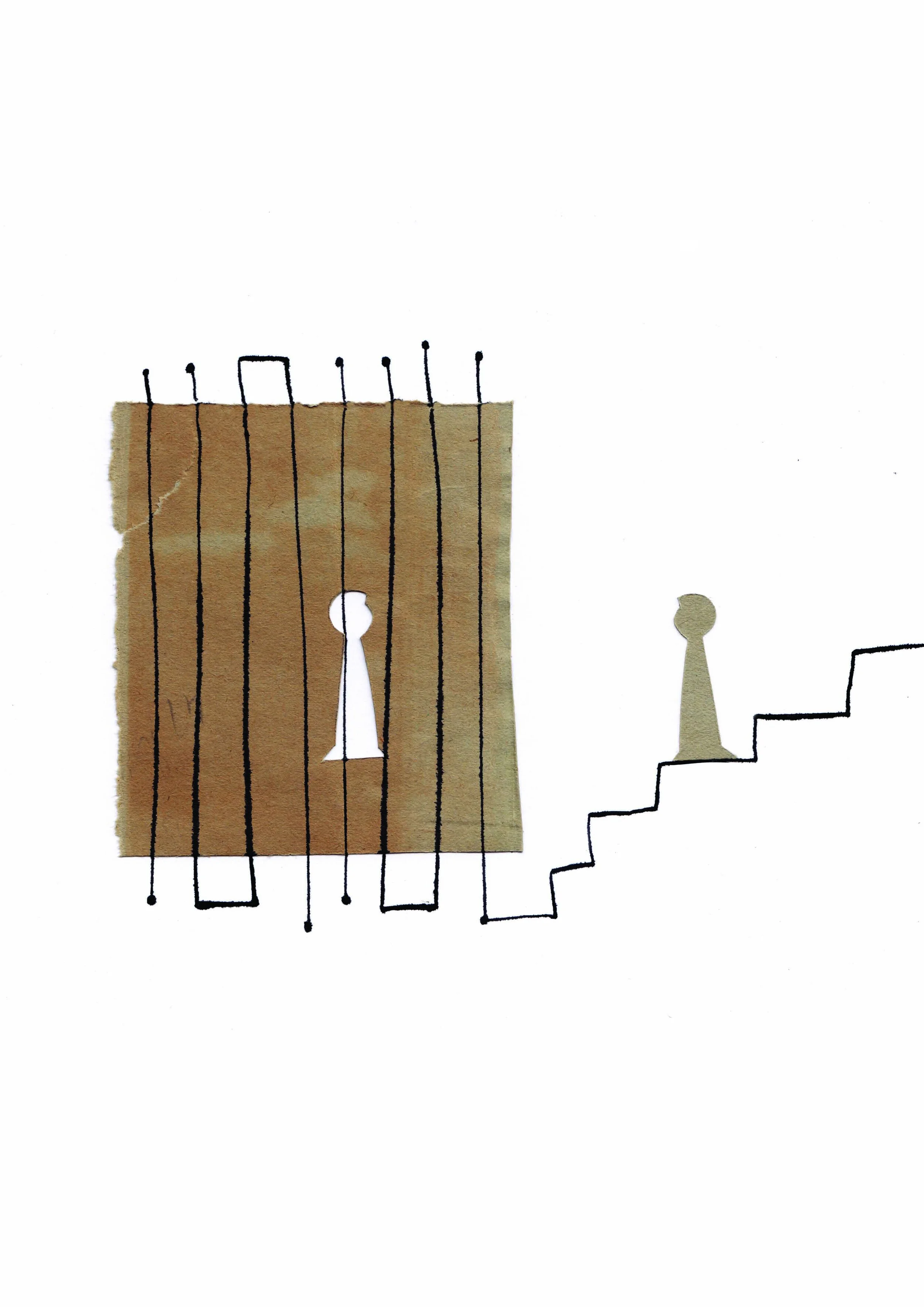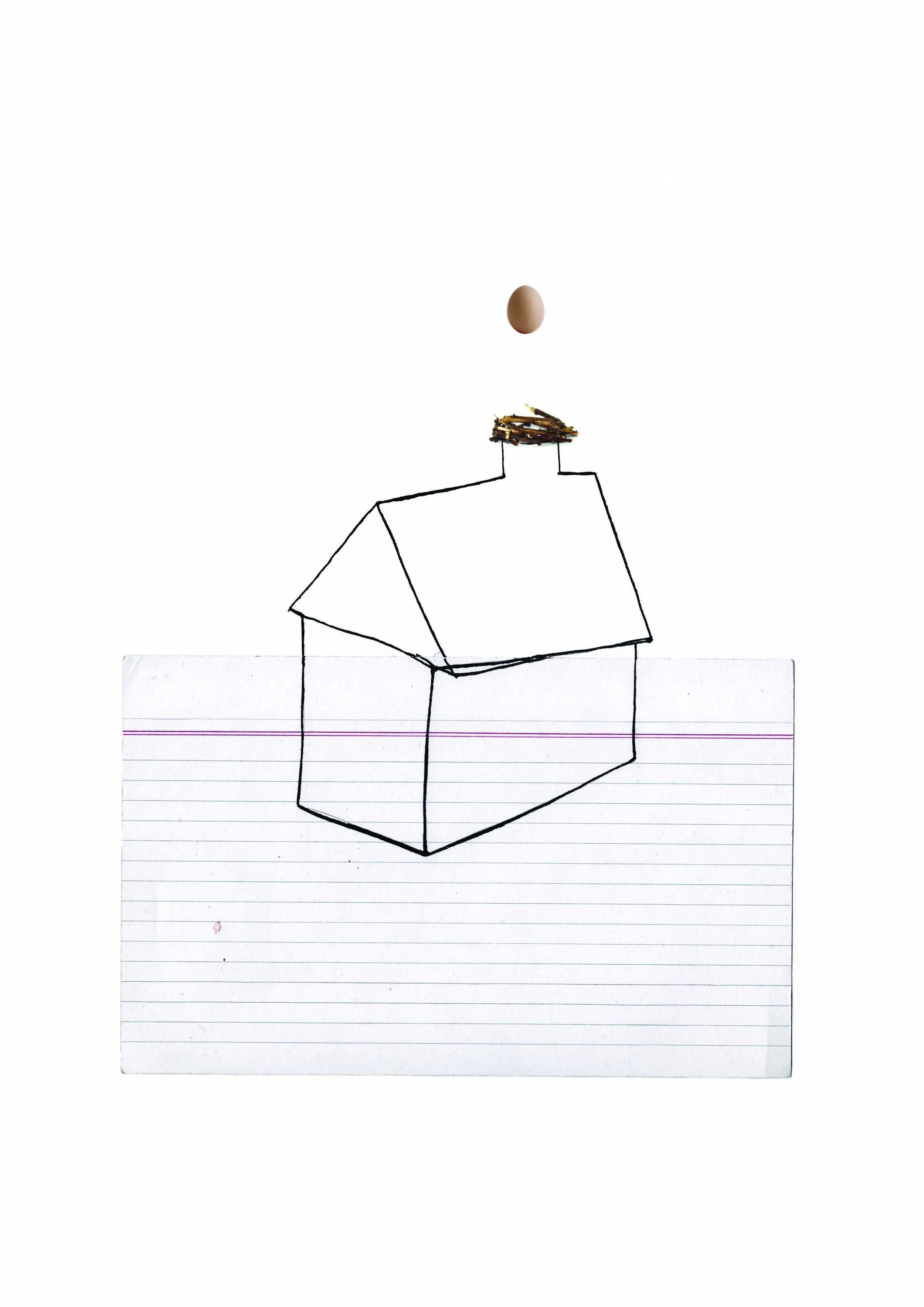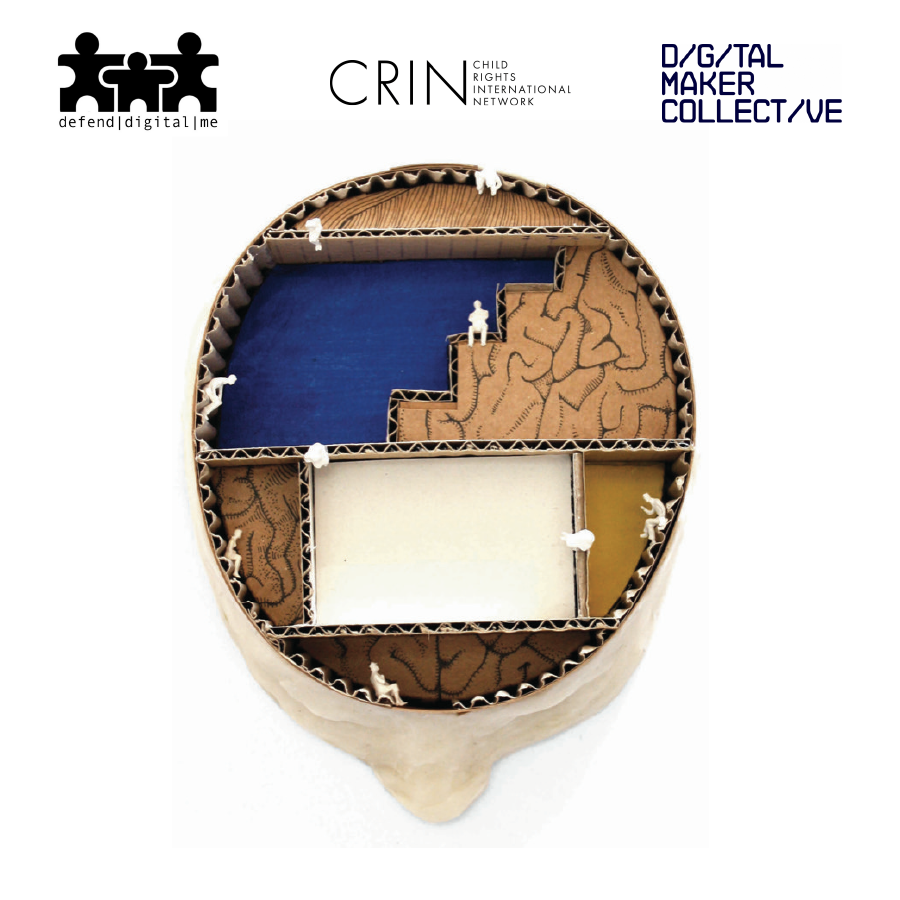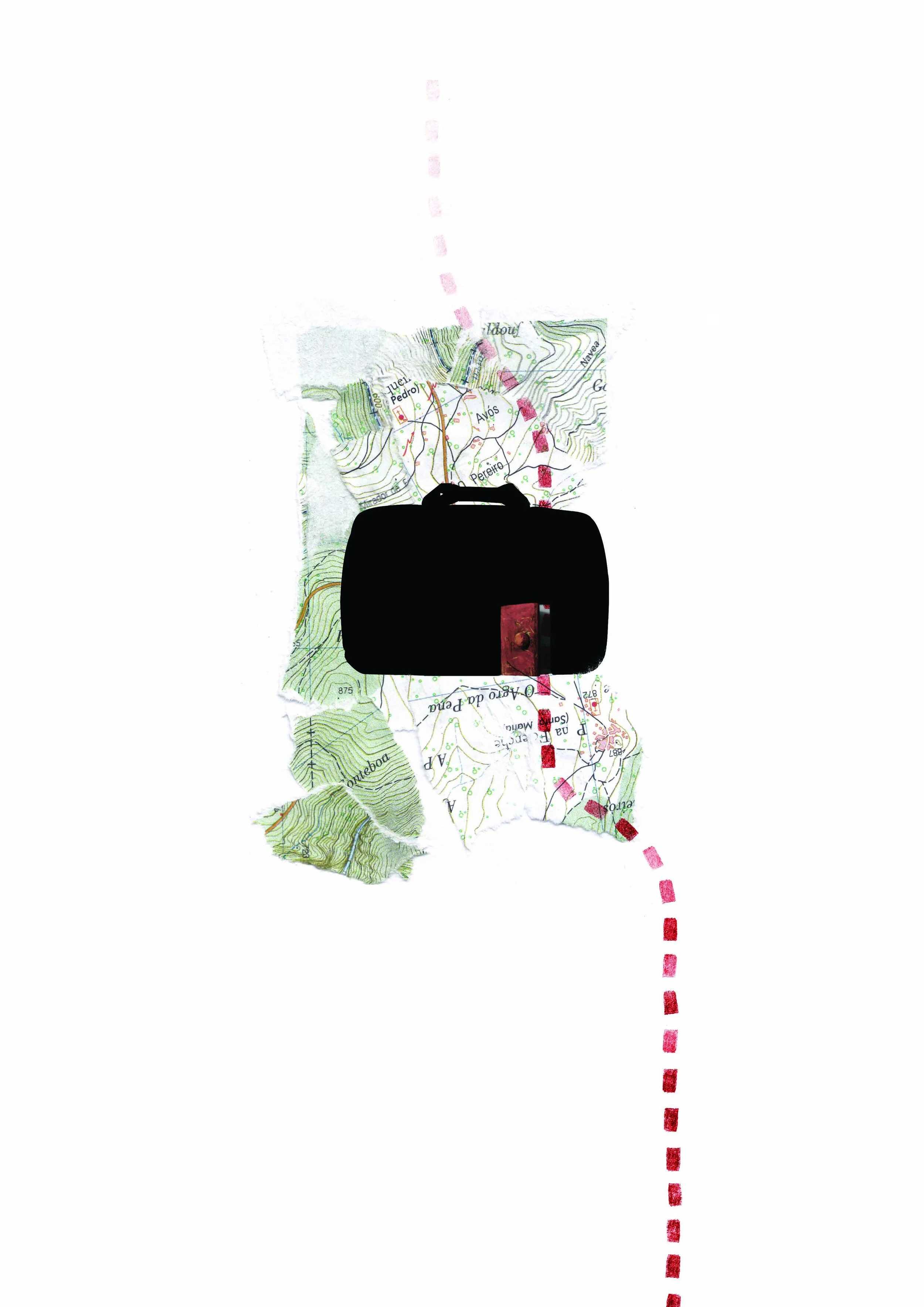(SPANISH) En la región chilena de La Araucanía vive más gente del pueblo indígena mapuche que en cualquier otra región del país, y además presenta tanto el índice de pobreza más alto y el número más alto de infecciones de covid-19. CRIN habló con Onésima Lienqueo, psicopedagoga y educadora tradicional mapuche para conocer mejor la situación actual del pueblo mapuche de Chile.
Read MoreSome countries have categorised abortion as a non-essential health service during this pandemic, while others have removed certain restrictions to accessing abortion. To find out what is the current state of women and girls’ reproductive rights we spoke with the Senior Global Advocacy Advisor at the Center for Reproductive Rights office in Geneva.
Read MoreMillions of workers in the informal economy cannot comply with lockdown rules, including child and adolescent workers, as their livelihood depends on going out to work. We spoke with Argentinian sociologist and teacher Santiago Morales to learn more about how young people from Buenos Aires’ low-income neighbourhoods are coping.
Read More(SPANISH) Millones de trabajadores de la economía informal no pueden cumplir con las reglas de confinamiento, incluida la niñez y adolescencia trabajadora, ya que su sustento depende de que salgan a trabajar. CRIN habló con el sociólogo y educador popular argentino Santiago Morales para conocer mejor la situación para los autodenominados ‘chiques del pueblo’ de Buenos Aires.
Read MoreIn March 2020, CRIN joined the Digital Maker Collective at the Tate Modern’s Tate Exchange event Uni To Unicorns, to explore the intersection between art schools, technology and social good.
Read MoreThis week, CRIN staff recommend: A hopeful view of human nature, how mutual aid can become more political, re-thinking education, the danger of a single story, articulating eco-feminism and finding humanity.
Read MoreAre you bored at home or isolated without any other means of entertainment aside from Netflix and mindless browsing? Check out some of our workshops and activities to enjoy at home.
Read MoreCountry lockdowns and social distancing make us believe protest gatherings are off-limits, but youth climate protesters have shown that activism doesn’t just happen on the street.
Read MoreThis week, CRIN staff recommend: Period talk during the pandemic, Earth School and Nawal El Saadawi on feminism, fiction and the illusion of democracy.
Read MoreWith federal recommendations that elective surgeries be suspended, what does that mean for the most common elective surgery in the US - routine male circumcision?
Read MoreHow have youth climate activists adapted their work and what lessons from the pandemic can be applied to the fight for climate justice?
Read MoreThis week, CRIN staff recommend: A glimpse into an alternative future on Earth Day, the language of martyrdom, collective grief and documentaries on American Circumcision and 2040.
Read MoreThe overturning of Cardinal George Pell's conviction may feel like a setback, but there could be a positive impact. This article, first published in Al Jazeera English, looks at the potential of Pell’s case in raising awareness about clergy abuse and how the key to justice for survivors of institutionalised sexual abuse is in the collective response.
Read MoreThis week, CRIN staff recommend: Looking at surveillance after coronavirus, Fridays for Futures online, re-imagining security, revolutionary woman making sanitary pads in India and more.
Read MoreIn this entry of the CRIN Diaries, a series of articles in which staff members reflect on aspects and experiences of their work in human rights, Lianne Minasian, Deputy to CRIN’s Director, shares her thoughts on volunteering during the Covid-19 crisis, drawing on her own experience as a volunteer with her local response group.
Read MoreWhat are the specific challenges for under-18s in prisons and detention facilities within the criminal justice system, and how governments respond?
Read MoreWith many people now working from home because of lockdowns due to COVID-19 - including those who aren’t used to it - we’re sharing some useful habits that we’ve picked up along the way.
Read MoreWith the spread of Covid-19 keeping many of us and our families at home for extended periods, we’ve put together an assortment of materials that we’re currently reading, watching or listening to which are helping us to take our mind off things, and we hope they’ll be useful to our readers too.
Read MoreFrom 3 - 8 March 2020, CRIN will be exploring the creative power of the tech and arts industries at the Tate Exchange, running workshops on faming cities, children's rights and the right to privacy in tech, including facial recognition, deepfakes and surveillance.
Read MoreIn a new position paper, CRIN and partners outline the rights-based approach that States must take in their treatment of children who travelled to Iraq or Syria, either alone or with their families, to join the so-called Islamic State. The organisations make a series of recommendations on criminalisation, detention, rehabilitation, nationality, family separation and access to health and education.
Read More


















